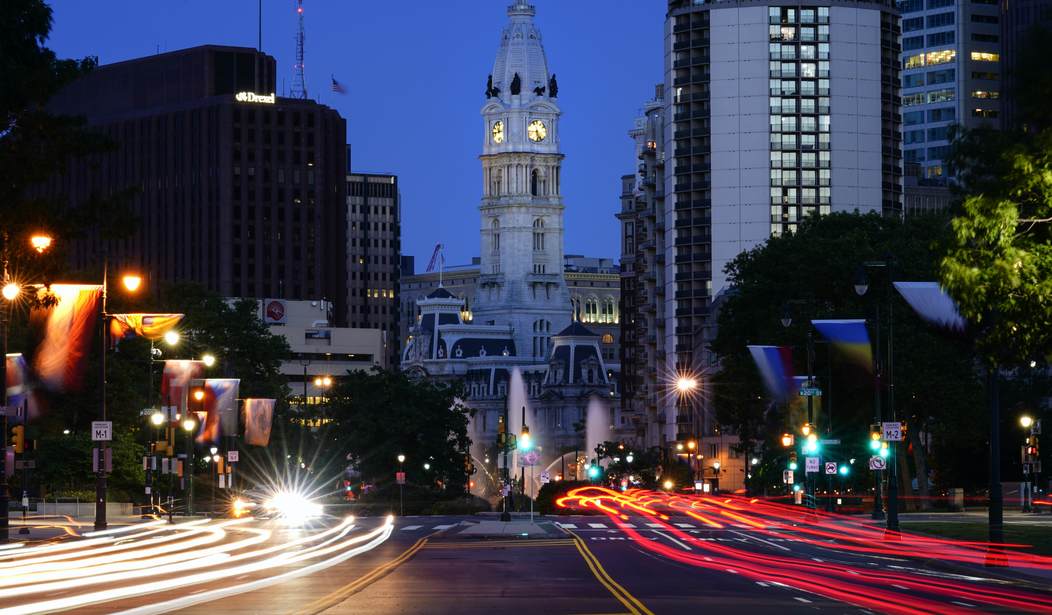If you have a broken brake light or headlight in Philadelphia, you no longer have to worry that you’ll be pulled over by police. The city council just passed a measure that would prevent the police from stopping anyone for a host of “minor” traffic offenses.
The impetus for the change comes from a single study performed by the Defender Association of Philadelphia. The group gives free legal representation to defendants in the city. They found that a disproportionate number of black drivers were stopped compared to white drivers.
Black drivers represented 72% of the stops with an arrest rate of 1%, according to Bradford-Grey. Only 15% of the stops were white drivers with a .98% arrest rate.
When it came to tickets issued because of these stops, Black drivers made up 9% of tickets while white drivers made up 14% of fines issued.
“When they stopped white drivers, they were for more legitimate purposes and they actually did things that advance those public safety measures,” said former Chief Defender Keir Bradford-Grey testified Wednesday at a hearing convened by the City Council’s Committee on Public Safety. The hearing drew many supporters, including Philadelphia Police Department officials who had questioned the bill in the past.
The police are happy with the law because it makes their jobs safer and frees them up to tackle more serious criminal activity. But viewing a list of infractions that will no longer be enforced raises serious questions.
- Driving with a single broken brake light
- Driving without an inspection or emissions sticker
- Having a registration plate that’s not clearly displayed, fastened, or visible
- Bumper issues
- Driving with a single headlight or minor obstruction
- Driving without vehicle registration within 60 days of the observed infraction
Driving with one brake light can be distracting. The driver has to figure out if it’s a broken tail light or a busted directional signal. And have you ever been driving down a two-lane road at night and a car with just one headlight approaches? Chances are, the other driver has their brights on and they’re shining right into your eyes.
Driving with a bumper barely or poorly attached is an accident waiting to happen. Of course, obscuring the license plates is a possible sign the driver doesn’t want to be identified.
“I’m confident that this bill will be able to address some of the equality issues that we’ve faced in the city of Philadelphia. I think it will put us in a position where hopefully we’ll see significantly less stops as it relates to these types of traffic violations,” said Councilmember Isaiah Thomas, who introduced the measure last October and has personally experienced discrimination behind the wheel.
I’m glad the bill will address “equality issues.” How about public safety? Does the bill make driving in Philadelphia any safer, regardless of the color of the driver’s skin?
The argument “it doesn’t make it any more dangerous” is a cop-out. Everything is relative until you or a family member is involved in a serious accident because of a poorly attached bumper or a broken tail light.
When we downgrade issues like public safety to achieve some nebulous goal of “equity,” the health and welfare of all residents will suffer.










Join the conversation as a VIP Member